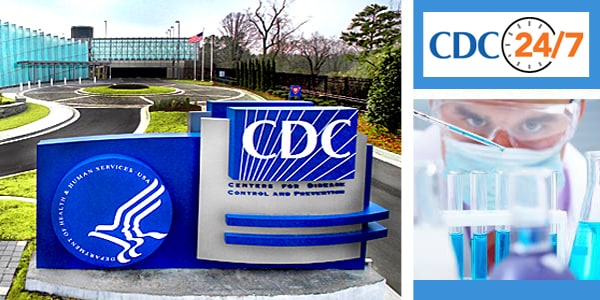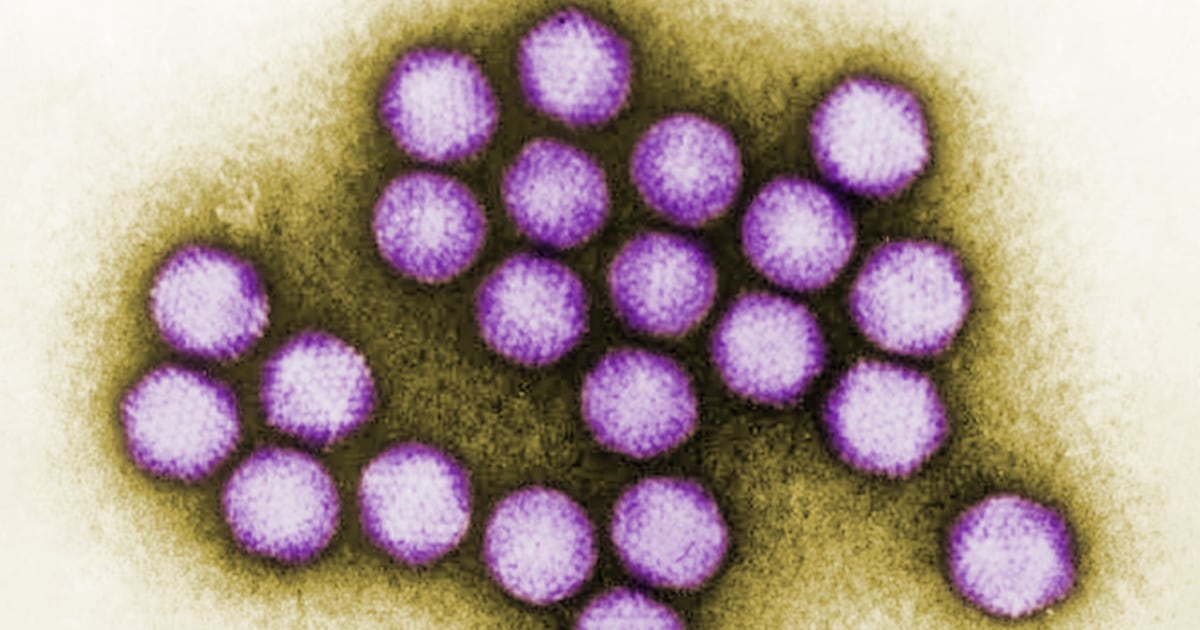Dr. O did an EXCELLENT brainstorm synopsis on this subject a few weeks ago:
Show Osterholm Update, Ep Episode 102: Choose Your Own Path - May 5, 2022
podcasts.apple.com
Osterholm Update
Episode 102: Choose Your Own Path - CIDRAP
May 4
“In "Choose Your Own Path," Dr. Osterholm and Chris Dall discuss the state of the pandemic in the US and around the world, address recent comments about future COVID surges in the US, and answer a non-COVID query about pediatric hepatitis cases. Dr. Osterholm also provides some insight into how he has been handling the transition into a new normal and shares a beautiful place from one of our listeners.
Email us your questions:
OsterholmUpdate@umn.edu
Transcript now available: cidrap.umn.edu/ep-102-transcript
Chris Dall: [00:43:21] That brings us to this week's Non-COVID query, which is from Carrie, who has a question aboutthe clusters of pediatric hepatitis cases being reported in Europeand the US. She wrote, "I'm reading and hearing reports ofpediatric hepatitis cases, some severe, and investigations intopotential causes. Some initial research points to adenovirus as apotential common link between many cases. Some researchersquestion whether or not the methods of investigation areconsidering all likely correlations or potential causes. What areyour thoughts as to how researchers might be able to proceed aseffectively as possible? What is known to date about the novelcoronavirus' effects on liver health and what may be reasonablequestions to consider, if any, regarding the novel coronavirusand pediatric hepatitis?"
Michael Osterholm: [00:44:07] Well, let me start out on apersonal note. As a father and a grandfather. I understand thepain of having a child with serious illness. I will never forgetthose days that I sat in that intensive care bed next to my 16year-old son at that time who was experiencing La Crosseencephalitis. Nothing prepared me as a professional for what itfelt like personally to watch your young child desperately ill.And so my heart goes out to these parents, these familymembers who are experiencing this situation right now withtheir kids. It's truly, truly painful to know what's happening. Thisunexpected rise in pediatric hepatitis cases is certainly amystery, something that those of us in infectious diseaseepidemiology basically trained for to understand and try torespond to our entire careers. It's a sad situation. About 200children in at least 16 countries and ten US states have beenaffected so far, with about 10% of these children requiring livertransplants. And fortunately, only one child has died so far. AndI say only even that's painful. One, but I expect that there surelycould be more in the future. Hepatitis, which is an inflammationof the liver, can have a variety of causes. There are some virusesthat are commonly known to trigger hepatitis, hepatitis A, B, C,D and E and certain medications, heavy drinking, exposure totoxic substances can also trigger the condition. The childrenimpacted by this mysterious outbreak do not have any of the fiveviruses that commonly trigger hepatitis, nor do they have anyknown medications or toxic substance exposures that couldexplain their illnesses. These children also do not have anyknown co-morbidities or other health conditions that might putthem at increased risk of developing hepatitis, making thissituation even more unusual. And though 200 cases may notseem like a lot, unexplained hepatitis in otherwise healthychildren is extremely rare. And given the seriousness of this condition, it's very concerning. In fact, some pediatric liver unitsin the U.K., where many of these cases have occurred, have seenmore unexplained pediatric hepatitis cases so far in 2022, than they would expect to see in an entire year. As you mentioned inyour question, Chris, this is mostly a non-COVID query, andthat is because we do not have any reason to believe thatCOVID is the primary or even a contributing cause to thissituation. We know that this is not a reaction to COVID vaccinesfor a number of reasons, but the main one being the most of thechildren being affected have not received any doses of vaccinesince they are too young to qualify. For example, in the U.K.,none of the 74 children involved in the outbreak have beenvaccinated. We can also rule out the impact of in utero effectsfrom maternal infection or vaccination, since many of thechildren impacted are older than age two, meaning that theirmother's pregnancy has occurred before the COVID-19pandemic was even here. The larger concern is whether currentor prior COVID infections could be involved. 20 out of the 169patients identified by the World Health Organization wereinfected with COVID at the time of their hepatitis. However,given the levels of transmission of the virus we're seeing rightnow, we would expect that some of the children would beinfected. This is a point we've talked about many times, that lifehappens. And when you have such a very prevalent disease likeCOVID, where 50 or 60% of the population may be infected, atsome point you're going to see a lot of coincidental health issuesor activities take place at the same time. Most of the childrenhave not had known previous COVID infection, however. Though it is possible that they may have been infected and werenot just tested either due to being asymptomatic, not havingaccess to sensitive testing or other barriers. The fact that we areover two years into this pandemic and only started to see thisrise in hepatitis in late 2021, means that this is not likely theexplanation. The timing of these cases has led some to speculatethat this could be an Omicron specific consequence of COVIDinfection. But there is not a lot of data to support this theoryother than the timing of these cases. More data will need to becollected before we can entirely rule out COVID infection orother previous COVID infections as a contributing culprit. Butas of right now, it's not even close to a likely explanation forthese cases. So of course, the question then becomes if this is notlikely caused by COVID, then what is causing it? Well, the shortanswer is that we still don't know, but there are a few non-COVID theories that are being evaluated. As Carrie noted in herquestion, one of these theories is based on a link between thesehepatitis cases and an adenovirus infection, specifically anadenovirus called adenovirus 41. Adenovirus is very commonand there are several types which typically cause respiratorycommon cold like symptoms or gastrointestinal symptoms. Mostchildren will have had at least one adenovirus infection beforetheir 10th birthday. Adenovirus have not been known to causehepatitis in otherwise healthy children. At least 74 of the 169cases reported to the World Health Organization were confirmedto have tested positive for adenovirus infection, and at least 18of them tested positive for adenovirus type 41. This does notnecessarily mean that we can jump to the conclusion that theseadenovirus infections alone must be the cause of these hepatitiscases. And there are a few reasons for that. Notably, remember,this is not widespread in anyone given area, so we're not seeinghundreds and hundreds of cases in a region of a country. Andhowever, the spread is worldwide, we're seeing cases in many,many countries, which then speaks to the fact that this likely issome kind of an infectious disease that actually also has someother factor involved with it. As I pointed out, adenovirusinfections are very common in children, just as we expected thatsome of the children would have had COVID infection duringtheir hepatitis case, we would also expect that some would havean adenovirus infection. That said, the incidence is higher thanwe would have expected. Since only about 11% of healthy,asymptomatic children at this particular age in life are positivefor adenovirus, and at least 43% of the children with hepatitishave tested positive. The second reason that we cannot viewadenovirus infection as a simple explanation is that I said earlier,adenoviruses including adenovirus type 41, which was the strainfound in many of these cases, typically cause mild respiratoryand gastrointestinal symptoms. In very rare cases, adenoviruseshave caused hepatitis, but not in healthy children withoutsignificant co-morbidities or underlying health problems. Thereare numerous other theories for what is causing thisphenomenon. It's possible that an adenovirus infection, inaddition to another factor, could be responsible for thesehepatitis cases such as a co-infection with another infectiousagent, or even exposure to a toxin, a drug, or some otherenvironmental exposure. Children may be experiencingincreased susceptibility to severe adenovirus infection due to alack of adenovirus exposure from reduced social interactionsduring the pandemic. This explanation is fairly unlikely,considering it would still not explain why these children areexperiencing hepatitis rather than just more severe versions ofthe symptoms typically associated with adenovirus infections. Itis possible that this adenovirus linked hepatitis could be theresult of a novel strain of adenovirus that does cause hepatitis. But if that were the case, we would expect to see cases beepidemiologically linked, which so far has not been the case. Ofcourse, it's also possible there is another cause entirely separatefrom both COVID and adenoviruses.
It's possible that a newnovel pathogen could be behind this. And as I said before, it'salso possible we're seeing an interaction of multiple factors atplay here, including unique genetic features of these individualpatients. It is too soon to rule out anything, aside fromconspiracy theories surrounding the potential role of COVIDvaccines. We hope to learn more about these cases as morestudies are done to identify common exposures or factorsbetween these cases. As I stated before, this is a concerningissue and one I wish we had better answers for, but we can't beoverconfident in stating cause and effect, especially when thestakes are so high. This is yet another example of why saying Idon't know is the most responsible statement in these scenarioswhere we lack data. We follow that up with continued researchand sharing more information as it comes forward, and we willshare that information with you as it becomes available to us.And so, Carrie, thank you very much for your very thoughtfulquestion. I hope this gives you some insight as to what thecurrent state of affairs are with these hepatitis cases. And as Ipointed out, we will keep you informed over time as we learnmore about them.





